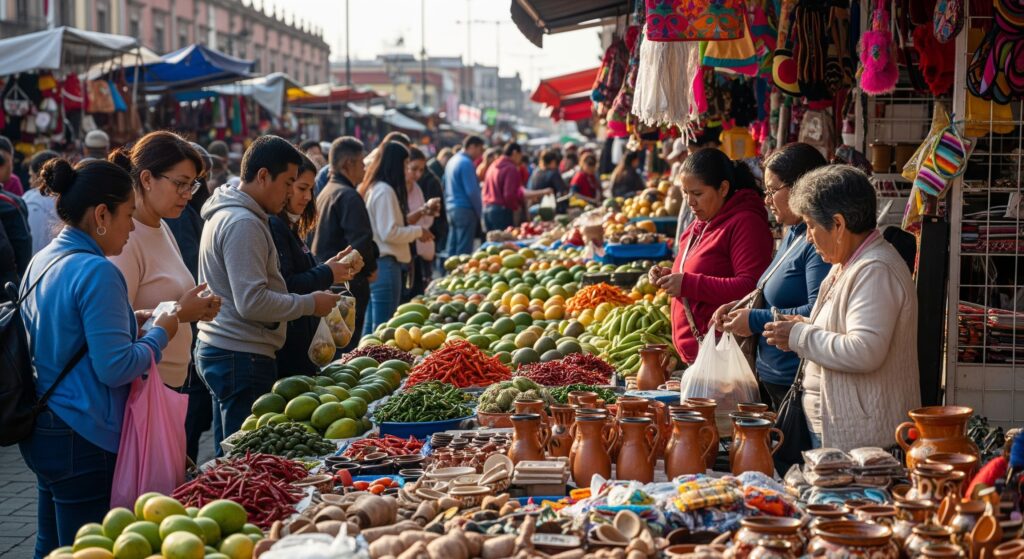A Shift Toward Intentional Spending
Recent trends in Mexico show that consumers are moving away from impulsive retail habits driven by aggressive promotions and “buy now, think later” impulses. Today’s shoppers—especially millennials and Gen Z—are increasingly thoughtful about purchases, favoring flexible payment plans over instant gratification.
Key to this evolution is the boom of Buy‑Now‑Pay‑Later (BNPL) services. With limited access to credit cards (less than half of adults have one), Mexicans—particularly younger consumers—are turning to BNPL platforms that allow purchases in installments, often with no interest. These services are now embedded into online shopping experiences, empowering users to stretch their budgets while still accessing desired goods.
Why Mindsets Must Evolve
This shift in payment behavior isn’t just transactional—it reflects a broader need to foster financial literacy and responsible spending habits. The affordability and accessibility of BNPL come with risk; without education on due dates, fees, or repayment schedules, consumers may slide into hidden debt.
Moreover, most Mexican consumers remain underbanked or unbanked. Financial inclusion must be paired with awareness. As purchasing platforms integrate BNPL, the same systems should also offer guidance—reminders, budgeting tools, and clarity on terms to prevent misuse.
The Role of Non-Bank Financial Institutions in Supporting Change
Non-bank financial entities—such as SOFOMs or fintechs—are uniquely positioned to lead this cultural shift. Their agility allows them to create user-friendly tools and educational content tied directly into BNPL offerings. For instance, integrating pop-up explainers, automated reminders, or spend trackers into apps can reinforce responsible borrowing habits.
Beyond BNPL, these institutions can offer tailored products—like digital savings pockets earmarked for BNPL obligations or structured installment plans aligned with payroll cycles. These solutions echo consumer needs while advancing disciplined financial behavior.
By operating under regulated frameworks (like SOFOM ER structures), these non-bank institutions can differentiate themselves from informal or opaque credit schemes. Clear disclosures, customer support, and ethical collections reinforce trust, helping shift consumers away from predatory habits.
Harnessing the Power of Digital Finance Trends
Drawing from global super-app models, non-bank financial firms can embed BNPL, wallets, and savings within popular platforms—such as e-commerce sites, social media, or delivery apps. This frictionless integration meets consumers where they are while reinforcing structured behaviors.
Non-bank entities can harness smartphone usage, transaction patterns, and app behavior to tailor financial offerings. By offering small BNPL limits that grow with good repayment behavior, companies support gradual financial empowerment and trust-building.
Simple nudges—like “Your next installment is due in 3 days” or “Pay early to avoid fees”—can help change path-dependent behaviors. Coupled with budgeting advice, these reminders transform BNPL from a reactive credit tool into a proactive financial instrument.
A Vision for Long-Term Consumer Empowerment
As Mexico’s BNPL market soars—estimated to hit double-digit billions within five years—the opportunity for non-bank financial institutions lies in shaping healthier consumer habits, not just offering installments. By embedding education, transparency, and smarter tools into their platforms, these institutions become part of a broader movement: one that values financial wellness, builds trust, and leads Mexico toward sustainable spending models.
Take the Next Step: If you’re interested in developing non-bank financial products that transform consumer behavior while driving trust and inclusion, contact us today. We specialize in designing compliant, innovative financial tools—rooted in Mexican market realities and ready for the future.

